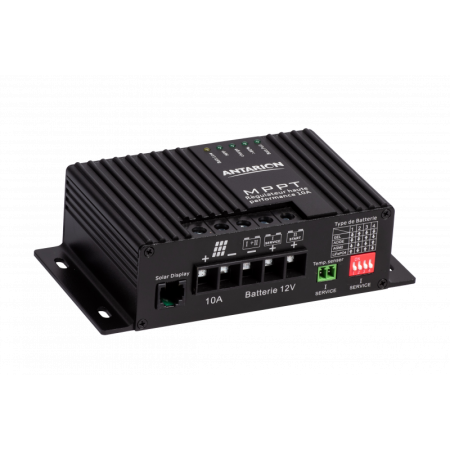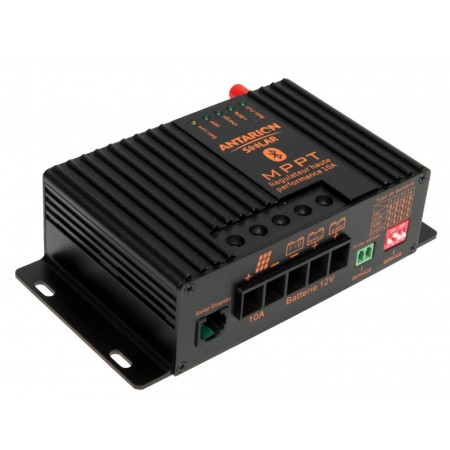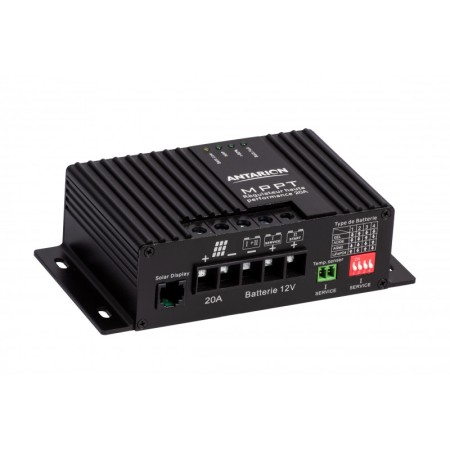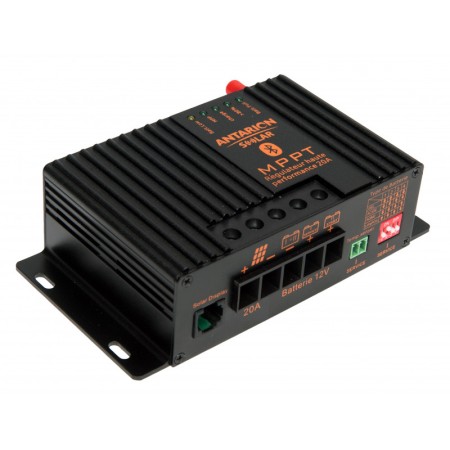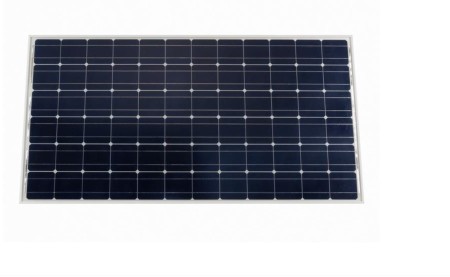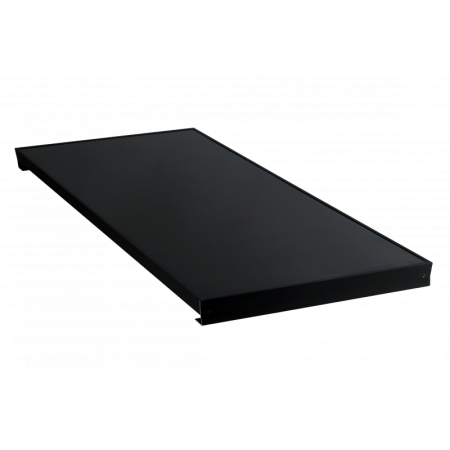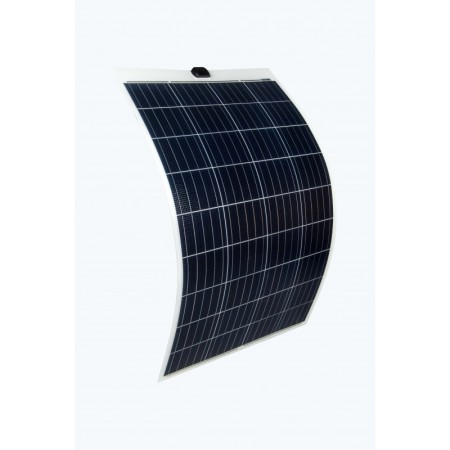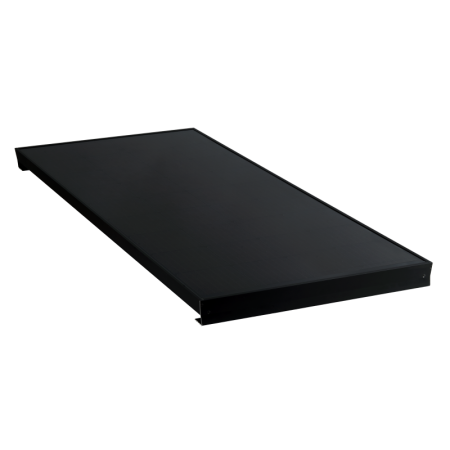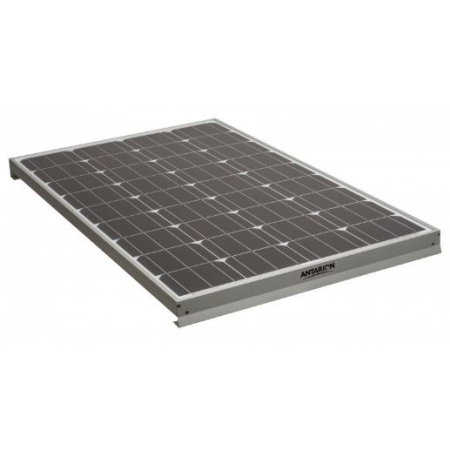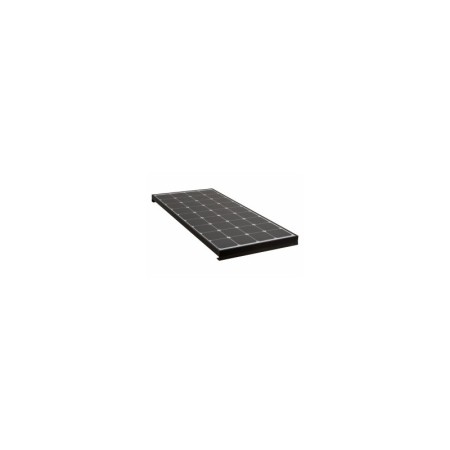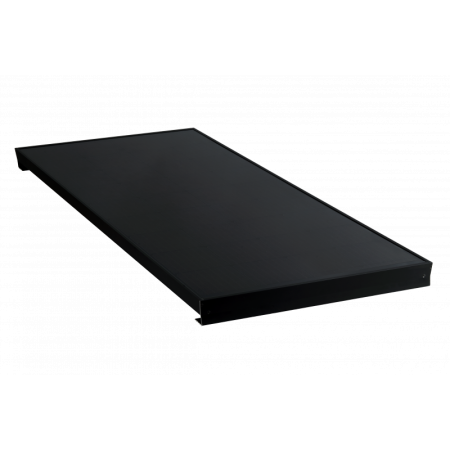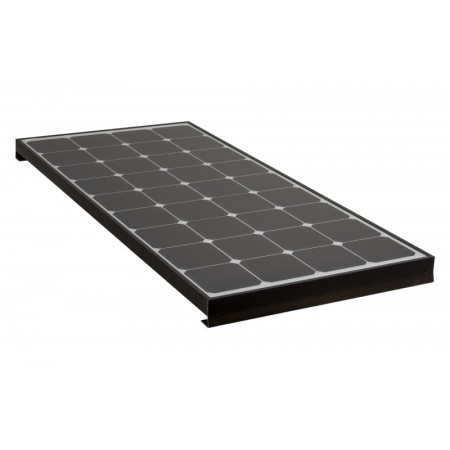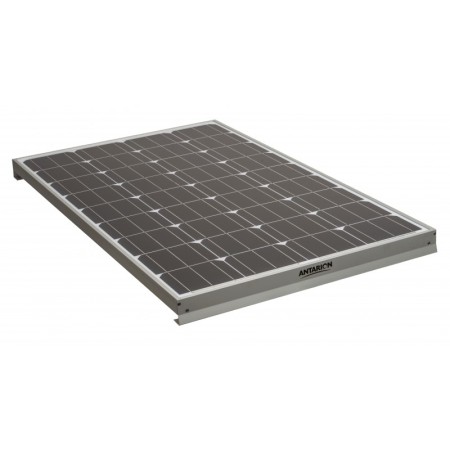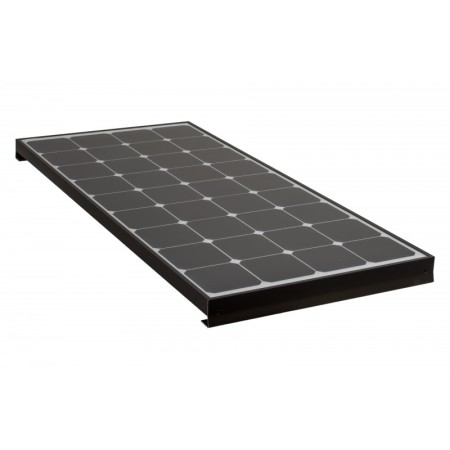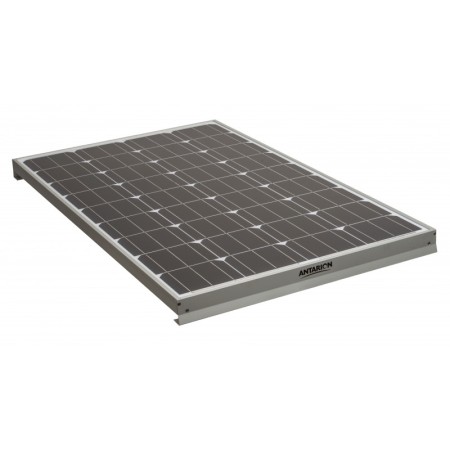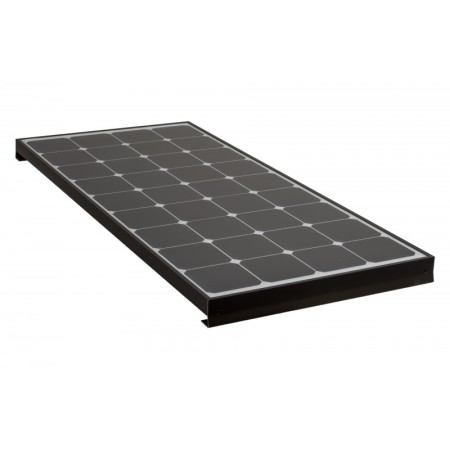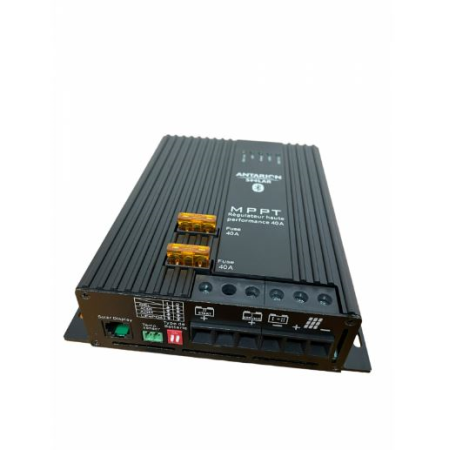Solar systems for motorhomes, campers and boats
Solar modules are the ideal solution for remaining independent of external power sources while on the road. They convert sunlight into energy and thus enable a sustainable power supply for motorhomes and campers. By using solar modules, travelers enjoy more freedom and self-sufficiency - whether on remote campsites or when free-standing in the countryside.
Solar modules for motorhome workshops and specialist dealers: Here you can buy solar modules as a professional. With us, you get everything from a single source: a large product range, effective logistics, plus service and training if required. Over 3000 companies worldwide trust us. So that you have the best offers for your motorhome customers. More about our range of solar systems.
What are the advantages of solar panels for motorhomes, caravans and campers?
- Free solar energy for power supply when camping
- Self-sufficient supply without dependence on filling stations
- Solar panels are silent and low-maintenance
- Sustainable, emission-free and environmentally friendly power supply
What should you look out for when retrofitting solar systems for motorhomes?
There are a number of factors to consider when retrofitting solar systems for motorhomes:
- Aluminum mounting frames must be able to withstand twisting and buoyancy forces. Considerable forces can develop, especially at high speeds or in strong winds. The frames must be constructed in such a way that they can withstand these loads without deforming or cracking. High-quality aluminum frames offer stability and durability.
- Soldered connections must not be damaged by vibrations while driving.
- Junction boxes must be installed in a watertight manner to prevent short circuits.
The solar cable is not connected directly from the solar cells to the battery. A so-called solar regulator is connected in between, which ensures optimum charging of the battery and protects it from overcharging.
Solar regulator types:
- MPPT solar controller (Maximum Power Point Tracking) - particularly efficient and powerful, offers up to 20-30% higher energy yield than conventional controllers.
- PWM solar controller (Pulse Width Modulation) - cost-effective alternative with simpler technology, ideal for smaller systems.
Manufacturers such as Victron Energy, Votronic, Büttner, Antarion or Teleco Telair offer suitable solar controllers. Depending on the module, remote indication is via a display or via Bluetooth on a mobile device.
In general, solar panels should be fitted and installed by a specialist company. Contact us and we will be happy to put you in touch with a specialist company to install your motorhome solar system.
Which solar system is right for my motorhome?
Solar systems for motorhomes are available in various output levels and can be expanded individually. For example, two 80W solar panels can be combined to achieve an output of 160W. It is advisable to use solar modules of the same design.
We offer solar modules in 120W, 140W, 160W, 170W, 190W, 230W and 300W, for example. Our solar charge controllers and solar modules are, for example, from Antarion and VICTRON.
How to calculate your power requirements:
- Add up the outputs (in watts) of all consumers that are operated via the battery.
- Multiply this value by the daily usage time in hours.
- The result is the power requirement in watt hours (Wh).
Tip: Include an additional 10 % to compensate for losses due to temperature fluctuations and conversion losses.
What types of solar panels are available for motorhomes?
Camping solar panels are available in various designs, which differ depending on requirements and use.
- Rigid solar panels: Are usually permanently installed on the roof with an aluminum frame.
- Mobile solar systems (solar cases): Foldable modules that can be flexibly aligned and stowed away to save space.
How much does a solar system for my motorhome cost?
A solar system for motorhomes, campers or boats is available for less than 500 euros. There are additional costs for accessories such as solar inverters, solar batteries and installation. Please contact us for an individual offer and to get in touch with one of our specialist workshops.
What components do I need to install a motorhome solar system?
The following components are required for the installation of a motorhome solar system:
- 12V solar modules (for roof installation with mounting frame and spoiler)
- Solar charge controller with solar cable
- Mounting adhesive from Sika or Dekalin
Depending on the vehicle and available accessories, additional components may be required.


